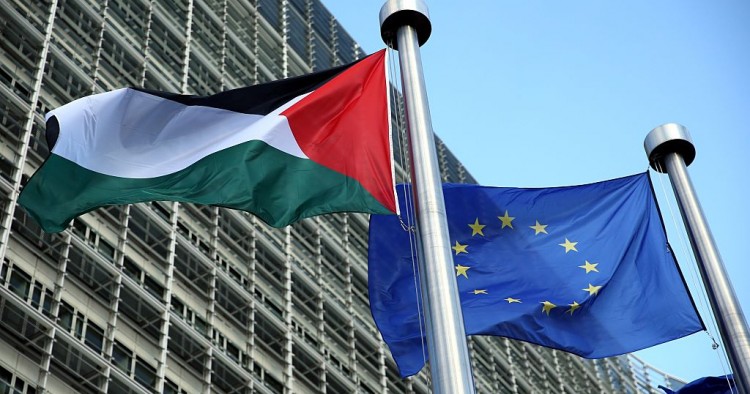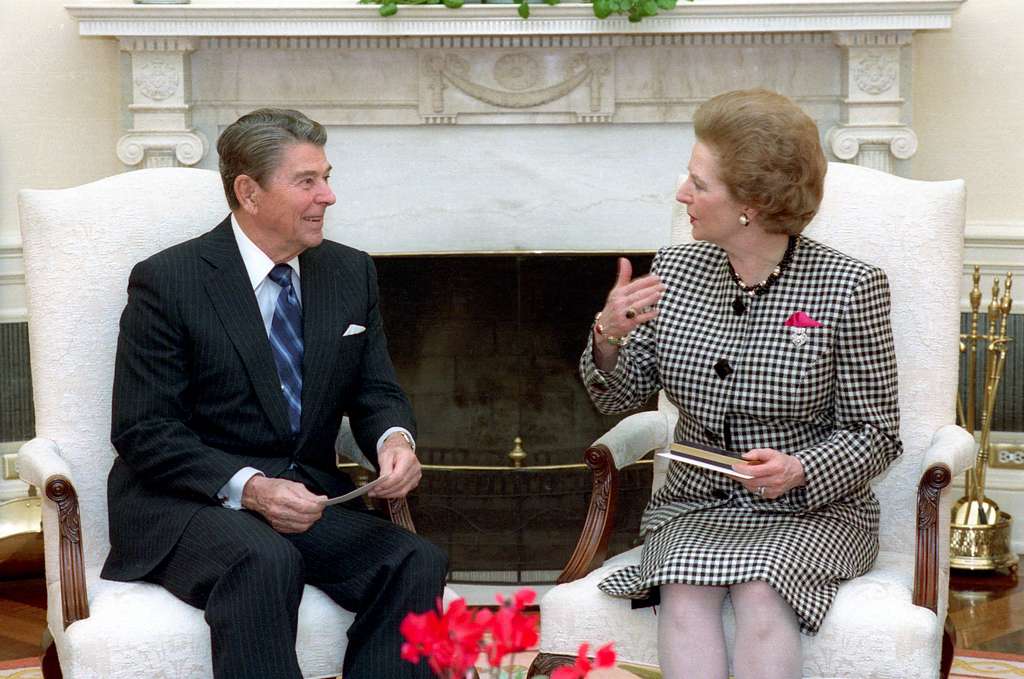The European Union has officially taken aim at Elon Musk’s platform, X (formerly Twitter), signaling the start of a high-stakes showdown over the limits of free speech, platform responsibility, and regulatory sovereignty. Under the Digital Services Act (DSA), Brussels is preparing to impose a record-setting fine—potentially over €1.3 billion—for what it calls “systematic noncompliance” with European law.
The charge: failing to curb disinformation, hate speech, and foreign propaganda across X’s vast network. The stakes: control over how speech is policed on one of the world’s largest online platforms.
What the EU Found
The EU’s case against Musk’s X began in late 2023 and has only intensified. Investigators determined that X failed to remove—or even flag—thousands of posts that spread Kremlin-aligned propaganda, AI-generated conspiracies, and far-right hate speech.
Internal documents and whistleblower reports revealed a pattern of neglect. Under Musk, X disbanded trust and safety teams, ignored European takedown requests, and rolled back algorithms meant to throttle false information. According to EU officials, these actions weren’t just passive—they amounted to “noncompliance by design.”
Musk’s Defiance
Musk has not backed down. In fact, he’s made the fight personal. X’s Global Government Affairs team dismissed the EU’s actions as political censorship, and Musk himself responded with memes mocking the fine as a “badge of honor.”
He frames it as a battle for digital freedom—his vision of a platform free from moderation and free from what he calls “the censorship industrial complex.” But European regulators aren’t laughing. They’ve threatened further enforcement, including potential access restrictions in the EU if violations continue.
Why This Fight Matters
The Digital Services Act is the EU’s most aggressive legal weapon in years. Unlike past tech regulations, the DSA requires platforms to proactively identify and remove harmful content, disclose their algorithms, and maintain audit trails for moderation decisions.
For Brussels, this is about sovereignty. European lawmakers argue that disinformation isn’t just a nuisance—it’s a national security threat. If global platforms want access to European users, they must follow European rules.
For Musk, the DSA is government overreach. He sees moderation as a threat to “free speech absolutism,” and he’s banking on the idea that his platform can thrive by ignoring norms—and appealing directly to his base.
The Global Fallout
Europe’s case against X may become a global precedent. Governments in Australia, Brazil, and Canada are watching closely. In the absence of federal regulation in the U.S., the EU is effectively setting the standard for how global platforms are held accountable.
Meanwhile, advertisers have been pulling back for years. Several major European brands have suspended campaigns on X, citing reputational risk and brand safety. The platform is already hemorrhaging ad revenue—and this legal blow could accelerate its decline.
The Bigger Question
This fight isn’t just about Musk. It’s about whether billionaires can set the boundaries of public discourse—or whether democratically elected governments can still enforce them.
The EU is betting that the rule of law still matters. Musk is betting on chaos. The future of the internet may hang in the balance.
Author
Discover more from The Crustian Daily
Subscribe to get the latest posts sent to your email.













